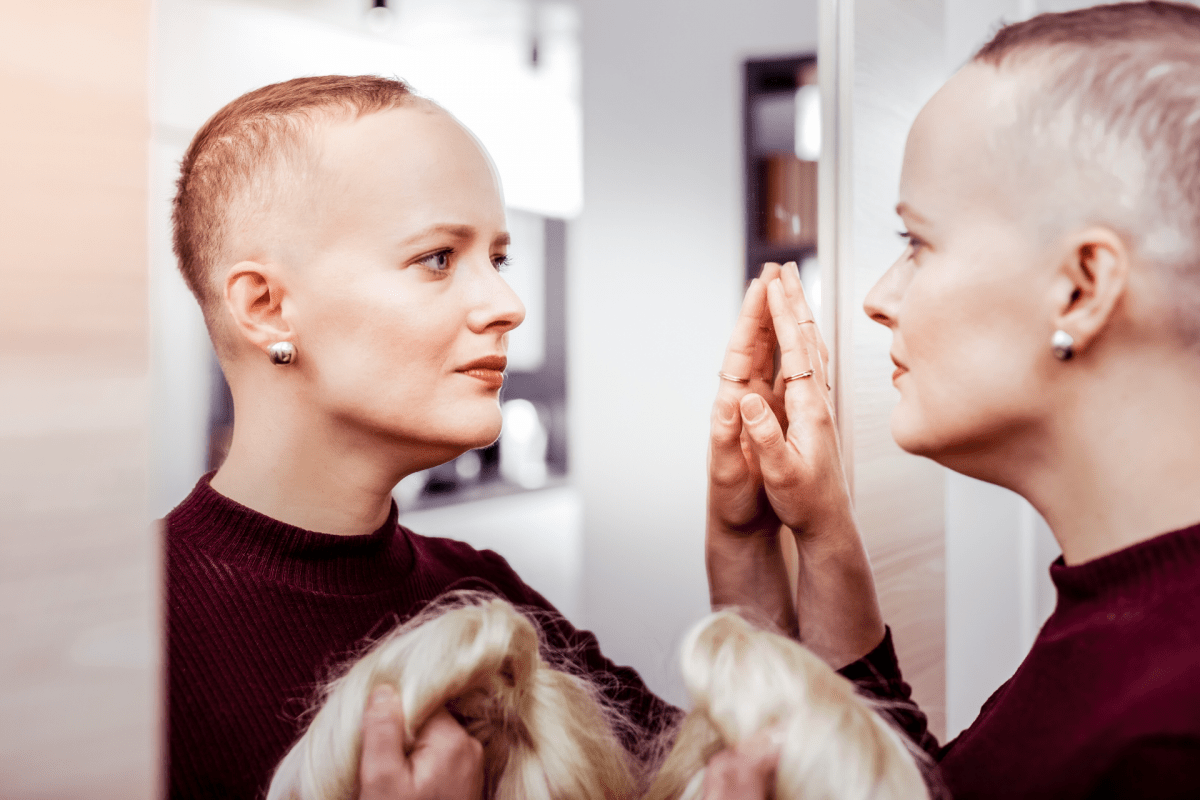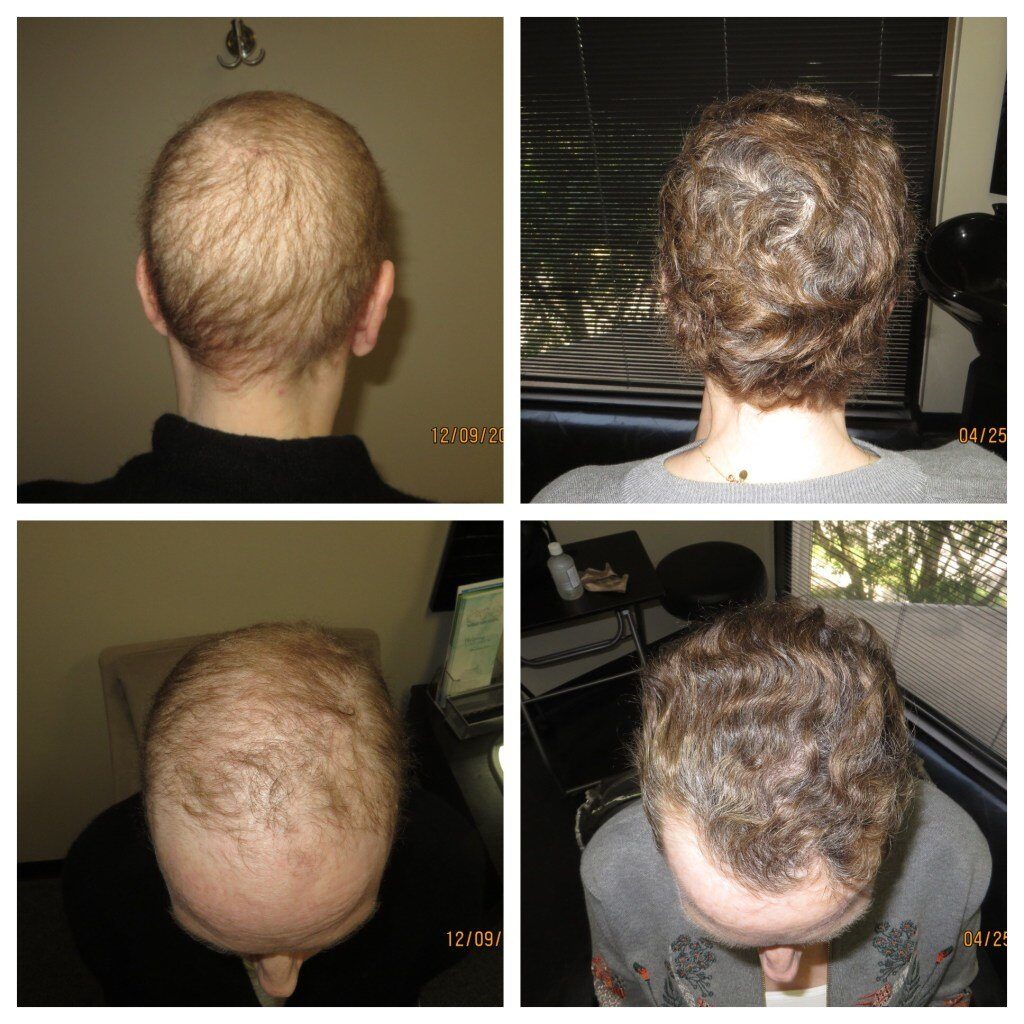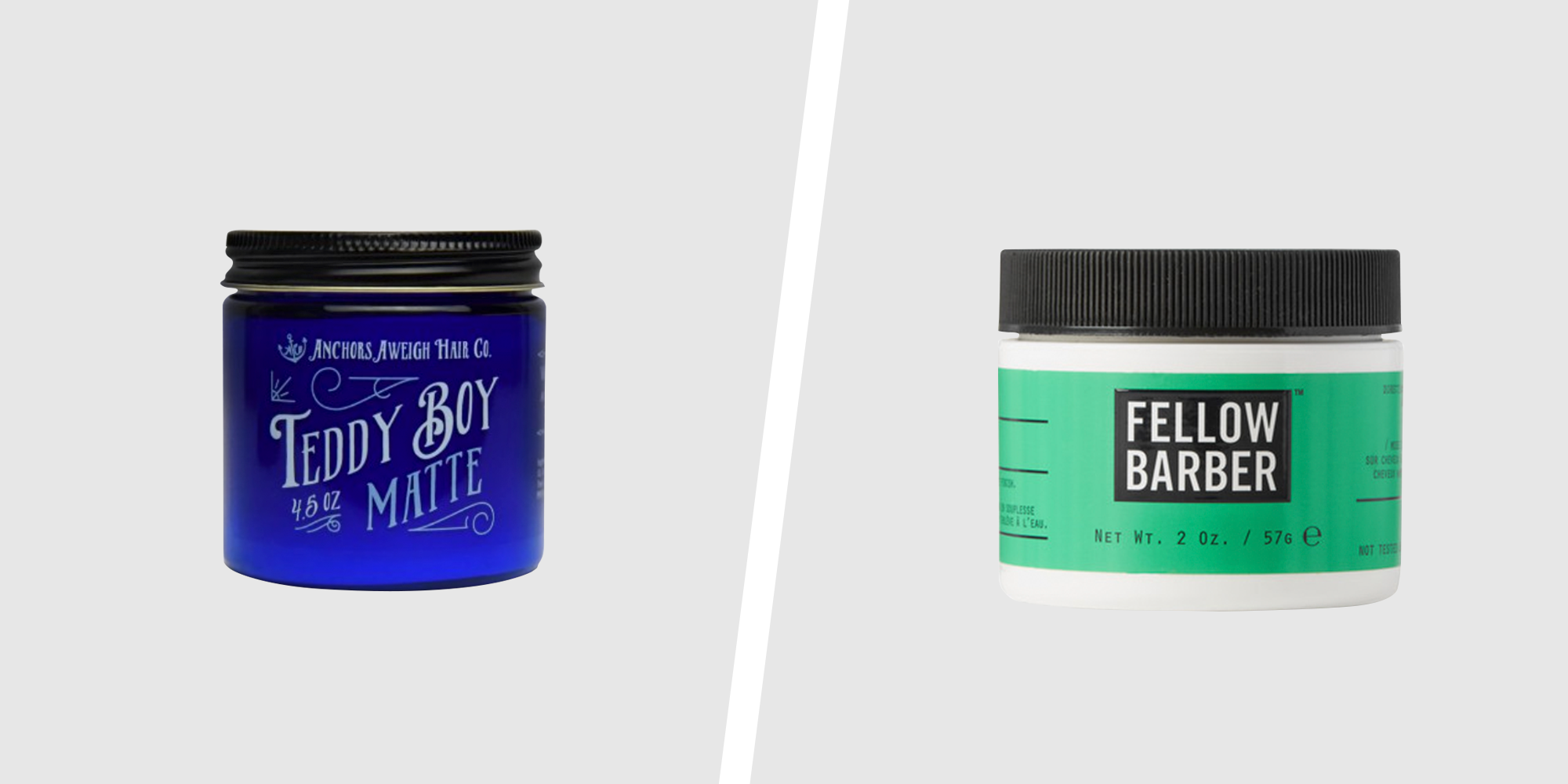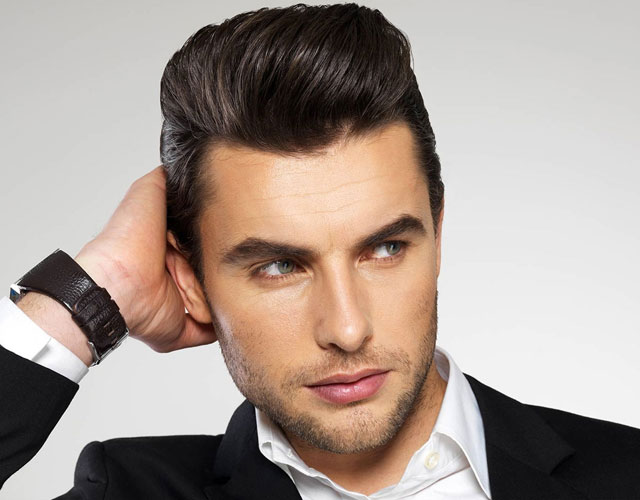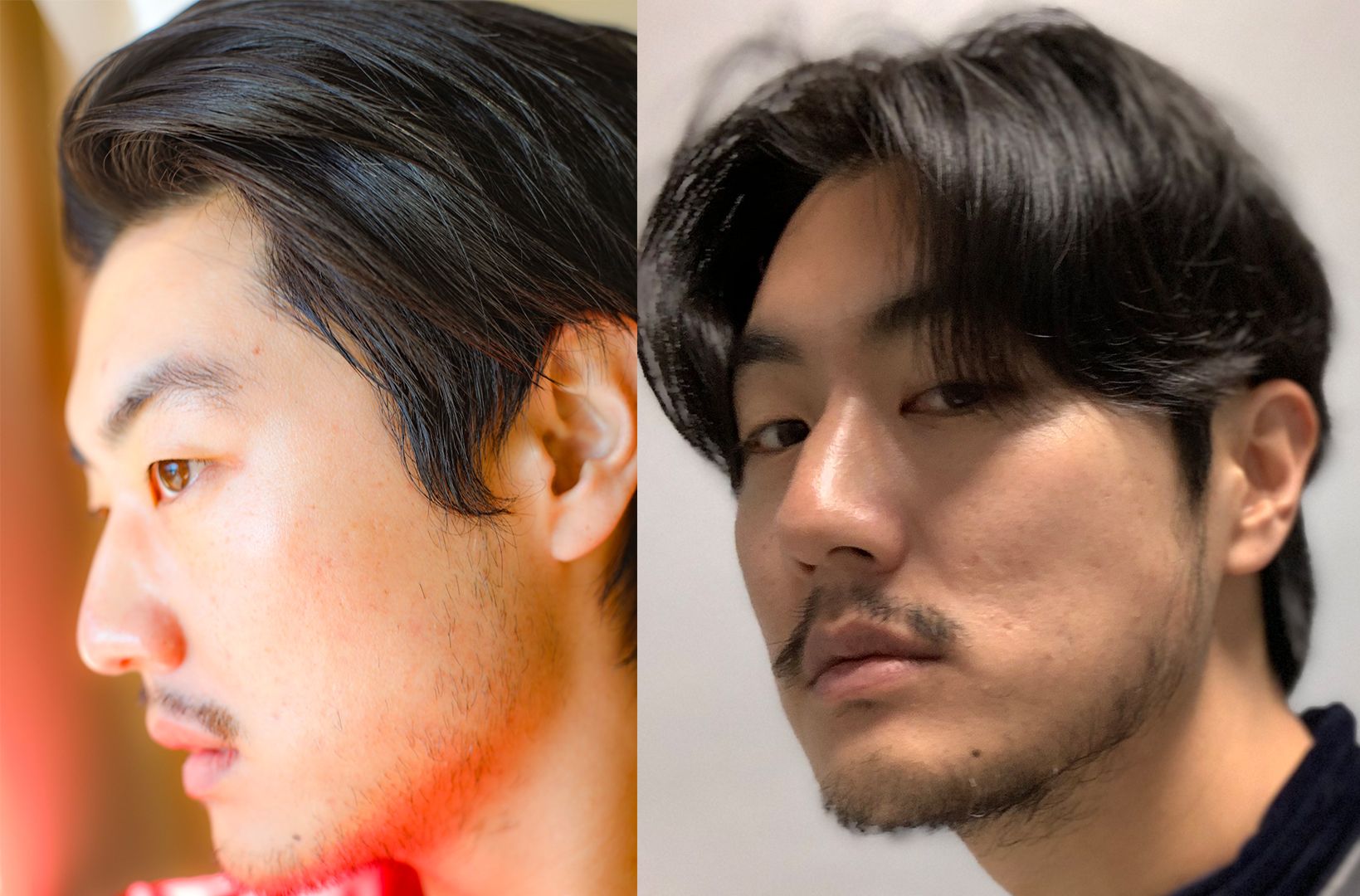Table Of Content
So when I got back from the wedding I said to my husband okay I’m ready. Let’s shave this, let’s just do this, it’s awful having all this hair all over me. Many shared their fear of seeing large clumps of their hair on their pillows and on the floor; cutting their hair shorter helped them feel lighter and less anxious. Most The Patient Story contributors with longer hair said they wanted to cut their hair to avoid feeling a dramatic loss. Contributing perspectives in this resource come from multiple cancer patients as well as Dr. Doug Blayney of Stanford Medical Center. Losing your hair during chemotherapy is not easy, but it can be easier to cope with if you have a better idea of what to expect.
What to know about chemotherapy and hair loss
It is important to do a skin sensitivity test, even with natural products. It is important to make sure the colour will not damage your hair or cause an allergic reaction before applying it to your hair. You should do this even if you have used the same product before. Apply a small amount of colour to a hidden area of hair and scalp, such as behind the ear. Here are some frequently asked questions about chemotherapy and hair loss.
Quick Dose: Why Does Your Hair Grow Back Differently After Chemotherapy?
Hair loss due to chemotherapy generally occurs within 1–3 weeks of starting treatment. It can start to become more apparent 1–2 months after a person begins treatment. Your feedback will help us improve the educational information we provide. Your care team cannot see anything you write on this feedback form. If you have questions about your care, contact your healthcare provider.While we read all feedback, we cannot answer any questions. Please do not write your name or any personal information on this feedback form.
Caring For Your Hair and Head
I decided to switch to these hair gummies, which worked great. No breakouts or excessive body hair and the hair on my bed kept growing at a good pace. Once that first post-treatment year goes by, you may notice that the new hairs that start to grow in are more similar to how you’re used to your hair looking. In almost every case, hair goes back to “normal” and completely grows back. Doctors may recommend using products such as Rogaine that contain minoxidilto help stimulate hair growth during recovery. Doctors cannot predict how any one person’s hair will react to chemotherapy.
How can I strengthen my hair during chemotherapy?
Typically, your body gets rid of abnormal cells before they grow out of control. With cancer, those abnormal cells divide and spread to other parts of the body. Chemotherapy is a treatment that uses medicine to get rid of cancer cells. Hair loss from chemotherapy is one of the side effects people dread most.
Chemotherapy and Hair Loss
Cable News Anchor Nichole Berlie, 46, Embraces Baldness Amid Breast Cancer Treatment: 'I Am Bald... And I Actually ... - SurvivorNet
Cable News Anchor Nichole Berlie, 46, Embraces Baldness Amid Breast Cancer Treatment: 'I Am Bald... And I Actually ....
Posted: Sat, 20 Jan 2024 08:00:00 GMT [source]
But last week, I realized I’d also been noticing the return of her hair. It was growing back thick and lush, similar to how it looked before, but it was now also considerably wavier. There is a very small risk that your hair won’t grow back after radiation therapy to your head.
Most hair regrowth drugs aim to treat hair loss resulting from causes other than chemotherapy. Hair loss tends to begin after a few chemotherapy treatments. The hair may fall out gradually, or it may fall out in clumps. Some patients shave their heads—opting to wear wigs, scarves, or hats—so they do not have to experience their hair falling out gradually over a period of time.
Appearance and texture

For some people their hair comes back light, more grey or a whole new color completely. You may love this change or you may want to do something about it. Pixies, bobs, and buzz cuts - the internet has tons of style ideas. So, I hope you leave this post feeling inspired by my photos as well. This will give you fun looks to try as your hair gets longer and make it feel more fun rather than a pain (though it definitely can be).

Talk to your healthcare team about the chemotherapy medicines you'll receive. Some research has suggested that minoxidil (Rogaine) might speed up hair regrowth or reduce hair loss during chemotherapy. However, some people who undergo chemotherapy experience permanent hair loss, research shows. Certain drugs, such as docetaxel (Taxotere), can have this effect. Most people undergoing chemotherapy will begin seeing some thin, fuzzy hair a few weeks after their last treatment. “For sensitive or acne-prone skin, either frequent pillowcase changes or wearing a hair bonnet after serum application may be helpful,” she says.
But finding the right formula isn't a matter of simply choosing a product off the shelf and hoping that it works. First, it helps to understand what’s causing your hair changes. However, it also states that if the hair does not grow back or grows back thinner after the treatment, it is best to see a dermatologist.
Because now I have turned a page and a new chapter has started, possibly the sweetest one I have ever lived. And I am not going to let fear of cancer spoil it for me. “When you don’t have hair, everyone knows what you are going through. I got these looks of pity — no one knows how to speak to you anymore. That was the hardest part — to be reduced to my diagnosis,” Posner says. Minoxidil generally causes few side effects, but you should still have a talk with your doctor before you start using it.
Chemotherapy can cause a person’s hair to become thin or sparse. There are certain techniques a person can use to help care for their thinning hair and possibly reduce the amount of hair they lose. Chemotherapy targets fast-growing or dividing cells, such as cancer cells, and helps slow or prevent their growth. You should begin to see hair regrowth a few weeks after your chemotherapy ends. Be prepared for a little shock — the initial growth is going to look different.
